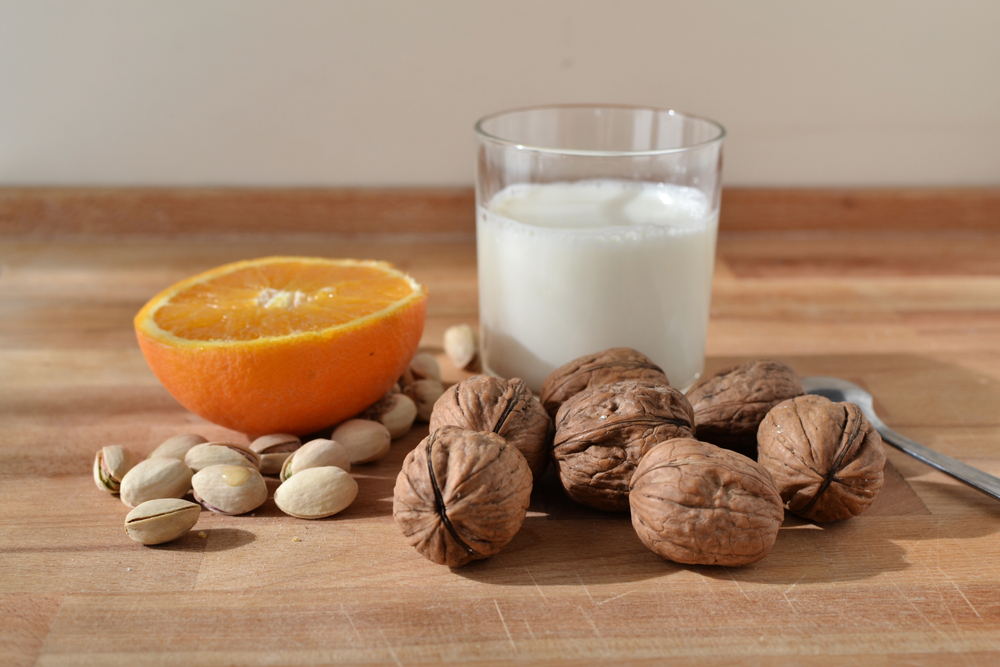
Foods to Avoid with Eczema
Eczema is a type of atopic dermatitis and an inflammatory skin condition mostly found in children. The symptoms of eczema include redness and itching on certain parts of the body, such as the hands and arms, legs and feet, also the face and chest area. Even though eczema can be a lifelong condition, the goal for a patient with long term eczema is to try to manage the condition in order to prevent skin damage or infection.
To do so, it is imperative to avoid certain foods that can trigger eczema symptoms. Here is a list of foods to avoid for eczema patients:
1. Citrus fruits
Oranges, lemons, limes, and grapefruits can all cause eczema to inflame. These fruits are very acidic, which causes allergic reactions in certain individuals with eczema. Instead of going back and forth to the doctor, it is best to become aware of the foods that you are sensitive to.
2. Dairy products
Dairy products like milk, cheese, and eggs can cause eczema to flare up if you are lactose intolerant. These products can also irritate eczema symptoms if you are allergic to them. The issue with dairy products and eczema is that when you experience symptoms of lactose intolerance, the stress from that condition can cause your eczema to get excited. When you are allergic to these foods, the symptoms of an allergic reaction is similar to the symptoms of eczema.
3. Gluten or wheat
Gluten is the protein found in certain grains like wheat, barley, and rye. Celiac disease is a condition for people who have a sensitivity to gluten. Celiac disease causes gastrointestinal problems. Celiac disease can also cause skin irritations similar to eczema. The important thing to do is to keep a food diary to keep track of your eczema symptoms and your food intake. Doing this will help you better detect the relation between gluten consumption and eczema.
4. Spices
Spices such as cinnamon, garlic, coriander, and nutmeg can trigger eczema symptoms. The issue with these spices is not that they are bad for you, it’s all about sensitivity to certain foods. Eczema is an autoimmune disease, which means the subject’s immune system will go against itself. These certain spices can cause a reaction by triggering the t-cells in the immune system and cause inflammation.
5. Peanuts, walnuts, and almonds
Certain people are highly allergic to different nuts. Eczema shares similar symptoms to an allergic reaction. It is important not to confuse a nut allergy to eczema symptoms, because a nut allergy can be fatal. If you know you or your child has a nut allergy, you should consult a doctor and get the proper guidance and treatment.
Living with eczema can be safely managed with the use of doctor prescribed topical medications, as well as home remedies:
- Oatmeal baths: If your child’s skin is flaring up, an oatmeal bath can ease the discomfort. There are plenty of nutrients in oatmeal that can soothe the skin, such as vitamin A, B vitamins, and iron. When giving your child an oat bath, make sure the water is at room temperature, and let the oats soak in the water for at least ten minutes to soften up. Any whole grain oats will work, from steel-cut to instant oats. The only difference between the types of oats is the way they were milled.
- Wearing mittens and full body clothes: Wearing mittens can prevent your child from causing more damage to an existing problem. Make sure the mittens are loose fitting, so the child does not feel uncomfortable. Wearing full body clothes stops the child from visually acknowledging the problem, which can help psychologically. Full body clothing can also provide relief by protecting the skin from the elements. When dressing the child in full body clothes, make sure the clothes are loose fitting, and made from natural materials like silk or cotton.
- Provide entertainment and fun: Providing entertainment and fun relieves stress, and also causes a distraction from eczema symptoms. Playing games, singing and dancing, or reading to the child can take their mind off the discomfort.


